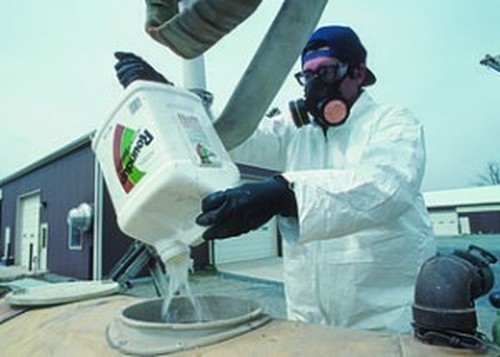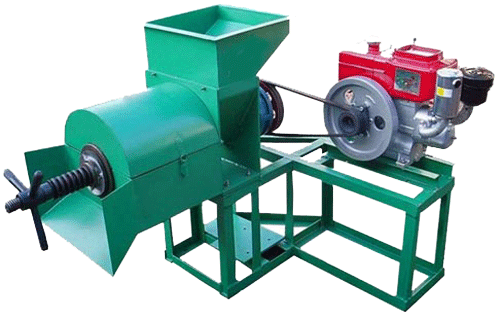What is Glyphosate?
Glyphosate is a non-selective herbicide, meaning it will kill most plants. It prevents the plants from making certain proteins that are needed for plant growth. Glyphosate stops a specific enzyme pathway, the shikimic acid pathway. The shikimic acid pathway is necessary for plants and some microorganisms.
Is Glyphosate Dangerous?
According to the National Pesticide Information Center, glyphosate is as safe an herbicide as you will find. It is even safer that most organic herbicides.
All studies to date done on humans show that there is no link between glyphosate and cancer, though there have been a few studies done on animals that show there may be a link between glyphosate and some rare forms of cancer.
These findings have led the WHO to list it as a probable human carcinogen, which is the same classification given to red meat and exposure to professional hair care products.
An addition, if ingested in large amounts, it may cause developmental disorders in children or fetuses. Read more ….
How to use Glyphosate
Follow these precautions when using herbicides containing glyphosate:
- Wear goggles to protect your eyes.
- Use a face mask to prevent accidental inhalation.
- Wear long sleeves, long pants and gloves to prevent skin irritation.
- Avoid touching plants that are wet with glyphosate, and wash your hands thoroughly after use.
- Spray on a calm day. Wind can carry the spray to other plants and it increases the chances of human contact.


Gut-Wrenching New Studies Reveal the Insidious Effects of Glyphosate
By Dr. Mercola
If you eat processed foods, most of which are made with GM corn and soy ingredients, you’re consuming glyphosate residues, probably in each and every bite. Knowing this, and the fact that tests show people in 18 countries across Europe already have glyphosate in their bodies, the following news should leave you very, very concerned… if not compelled to take action against this health-endangering chemical. Read more ……



